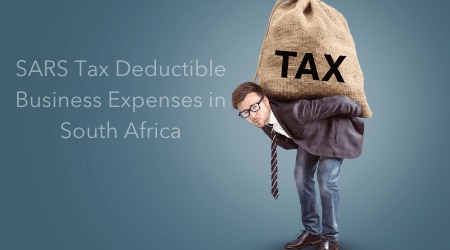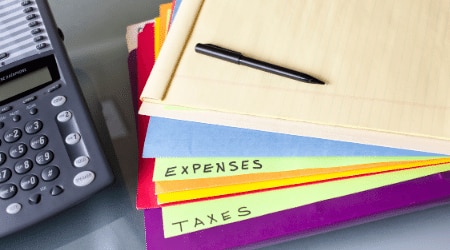How do I register for a Tax Number? (For companies)
The process of registering for a tax number will vary, depending on whether you intend to trade as a sole proprietor, as part of a partnership, or as a private company.
It is always helpful to understand the differences between these three ways to trade.
Sole proprietor – Sole proprietors are also known as ‘sole traders’. Sole proprietorships are a type of business entity which is owned and run by one person only and, importantly, where there is no legal distinction between the owner and the business. All profits and all losses go to the owner. While the owner doesn’t need to separately register the business with SARS, he or she does need to include the income from the business in their own individual tax return.
Partnership – Like sole proprietors, partnerships are also not regarded as separate legal persons or taxpayers. Each partner is taxed on his or her share of the partnership profits. All members of the partnership must be registered with SARS in their personal capacities.
Private Company – A private company is treated by law as a separate legal entity from its owners. Because of this fact, it must be registered as a taxpayer in its own right. It has a life separate from its owners with rights and duties of its own.
Private company owners need to register the formation of new companies with the CIPC – the Companies and Intellectual Property Commission.
For the owners of private companies, registering a new company through the CIPC website often leads to automatic SARS registration. If you register your company in this way, you will shortly receive an email from SARS informing you of your new company tax number.
Should you need to register for tax manually with SARS, you should use Form IT77C. This document asks for details such as your company’s trading name, public officer and tax practitioner’s details.
You are required to register with your local SARS office to obtain an income tax reference number within 60 days after you have commenced business.






